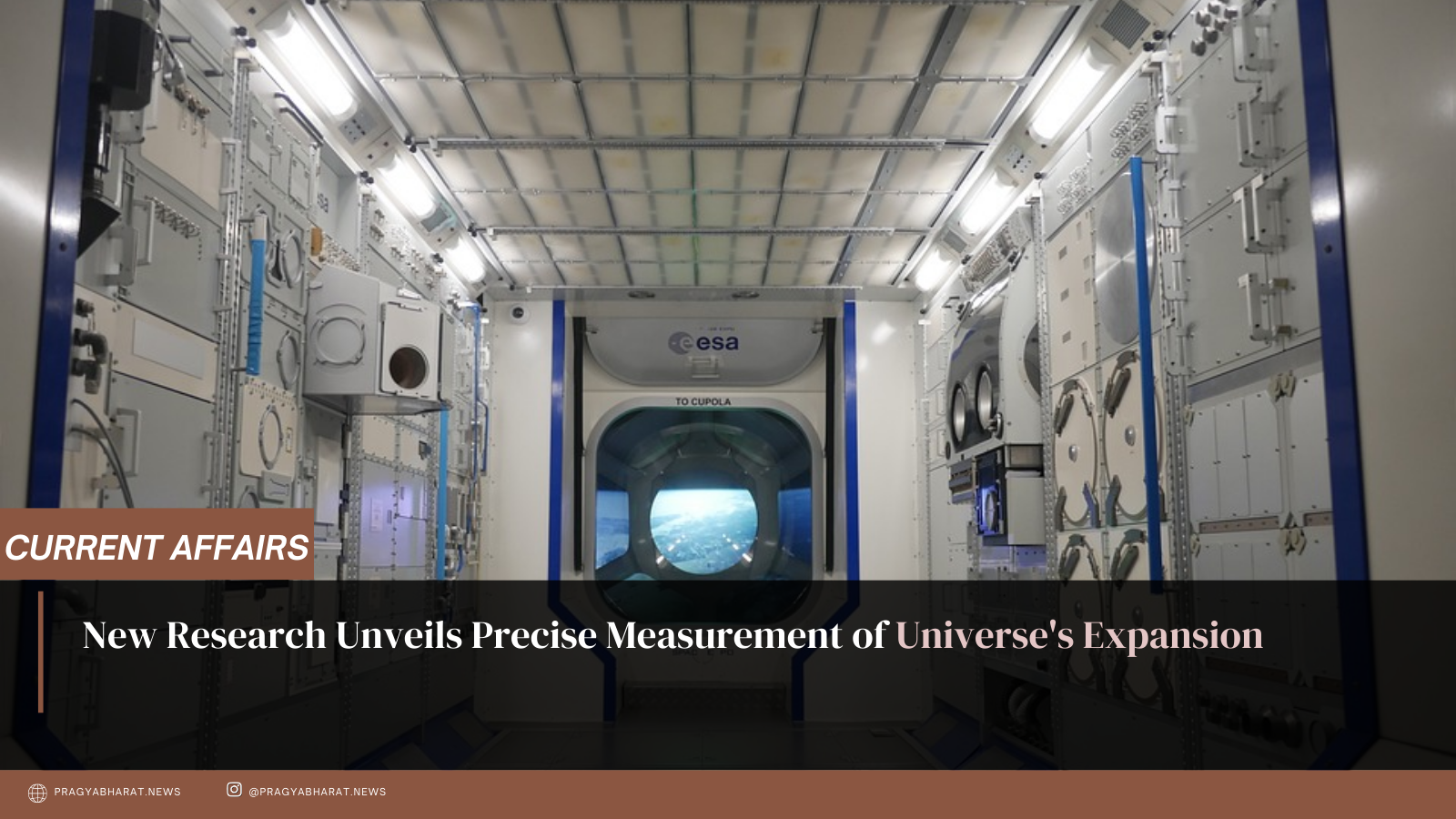A recent breakthrough in scientific research, led by the Dark Energy Spectroscopic Instrument (DESI), has provided the most accurate measurement yet of how the universe is expanding. DESI, a collaboration involving over 70 institutions worldwide, including teams from India, focuses on understanding dark energy and its impact on the universe’s growth. Positioned at the Mayall 4-meter telescope in the USA’s Kitt Peak National Observatory, DESI’s latest findings mark a significant step forward in unraveling the mysteries of the cosmos.
Key findings from DESI’s study indicate that the universe is expanding at a rate of 68.5 (±0.6) kilometers per second per megaparsec, with a precision exceeding 1%. This marks the first time scientists have achieved such a high level of accuracy in measuring the expansion of the universe, particularly in its early stages. Over the span of 11 billion years, DESI has constructed the most extensive 3D map of the universe, allowing researchers to delve into the effects of dark energy in unprecedented detail.
According to the prevailing model of the universe, known as Lambda CDM (Cold Dark Matter), both matter and dark energy play significant roles in influencing cosmic expansion, albeit in opposite directions. While matter and dark matter act as brakes, slowing down the universe’s expansion, dark energy acts as a cosmic accelerator, propelling it forward. Together, dark energy and dark matter constitute the bulk of the universe, comprising approximately 95% of its total mass.
Dark Energy, which makes up 68% of the universe, remains a mysterious force driving the universe’s accelerated expansion. In contrast, Dark Matter, comprising about 27% of the universe, cannot be directly observed but is inferred from its gravitational effects on visible matter and background radiation.
DESI’s groundbreaking research not only deepens our understanding of the universe’s fundamental mechanisms but also opens up new avenues for exploring the nature of dark energy and dark matter, advancing our knowledge of the cosmos to unprecedented levels.






















+ There are no comments
Add yours